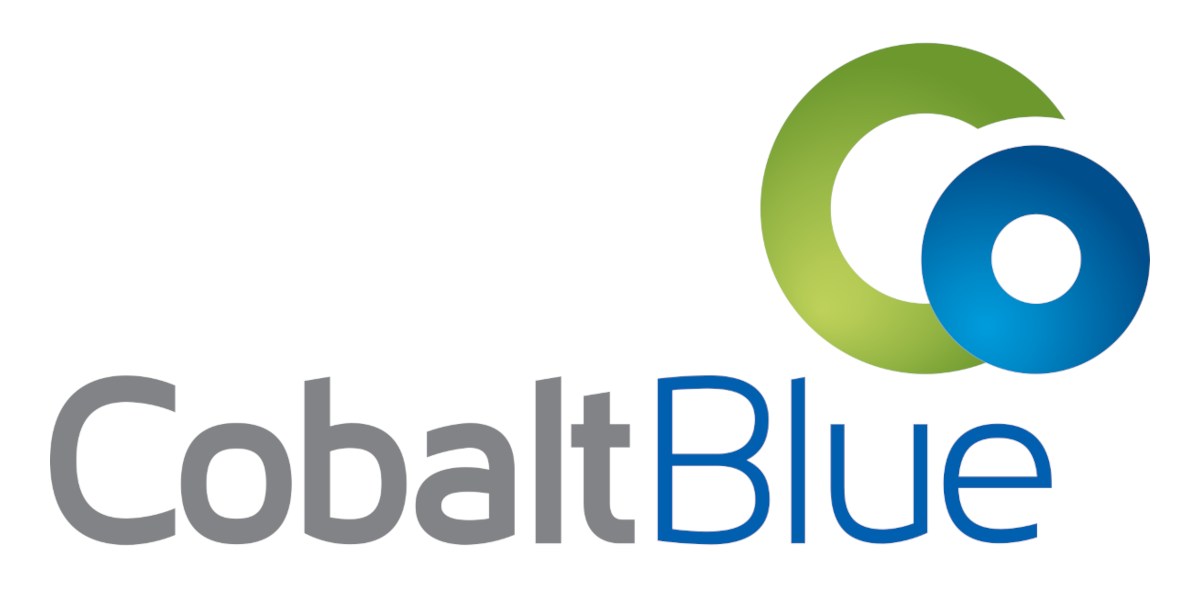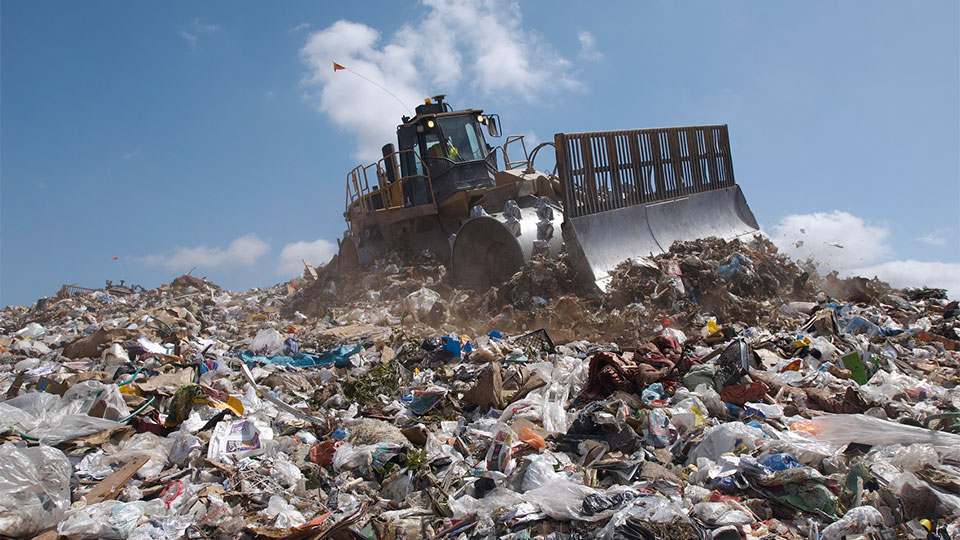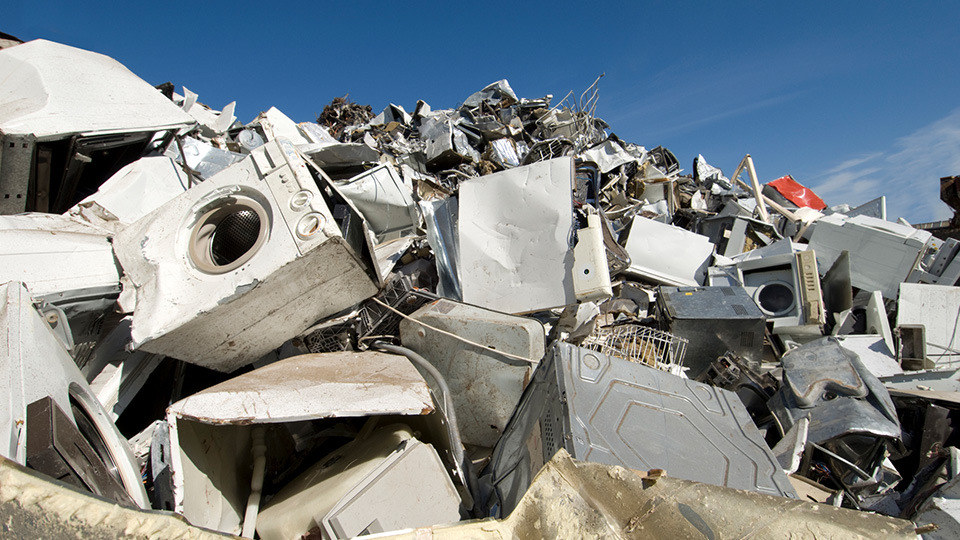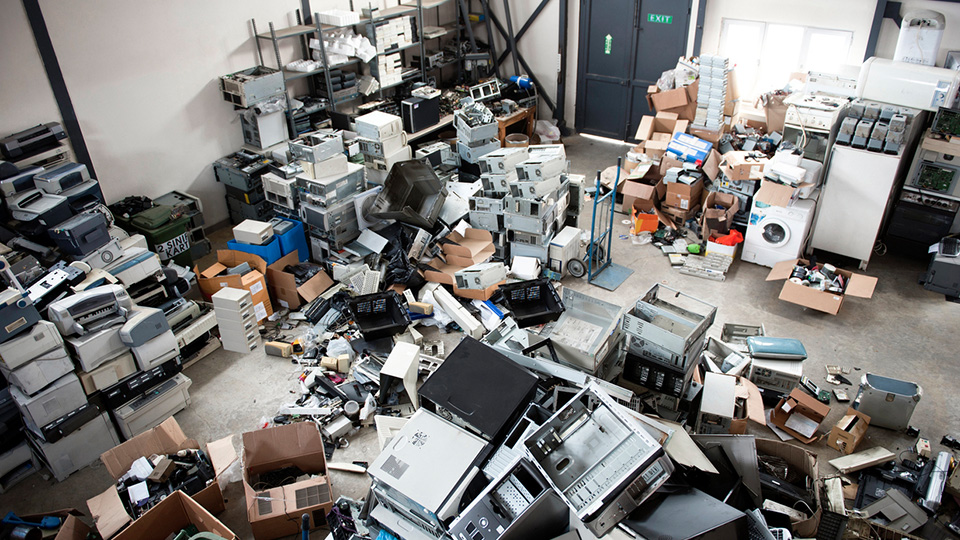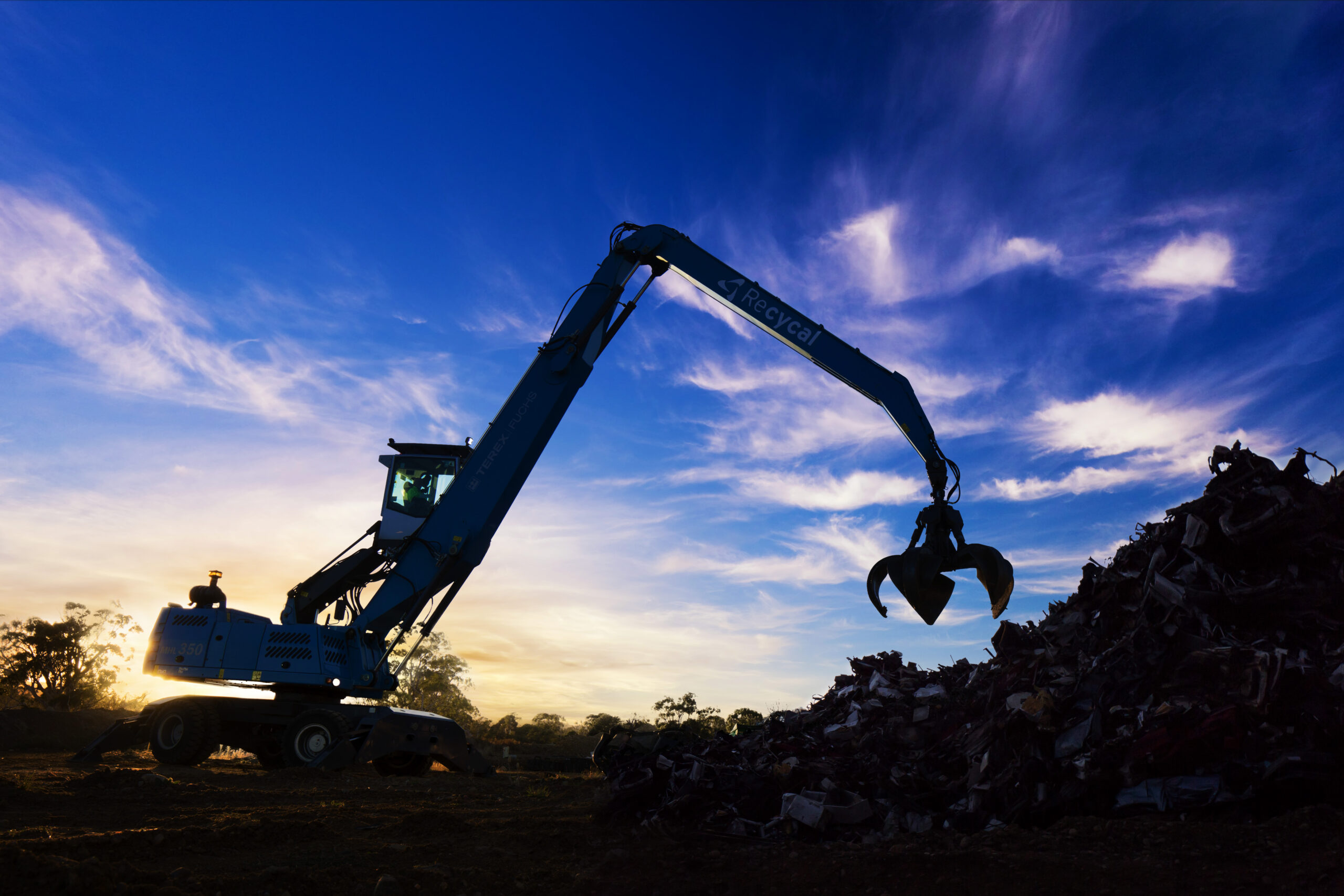Mercury can have a catastrophic effect on human health and the environment when mercury-containing waste is dumped in landfill instead of being recycled.
Mercury is found in plenty of everyday items from your ceiling lights to the batteries in household devices, and even in your dental fillings.
But when things containing mercury reach the end of their useful life, it’s important to dispose of them responsibly rather than throwing them in the general waste bin or putting them in the cupboard.
Mercury-containing items generally end up in landfill if they aren’t recycled, where they can leach into the ground and waterways and lead to deadly mercury poisoning outbreaks like the Minamata disaster.
Here is a guide to responsibly disposing of mercury-containing products:
How to recycle mercury-containing lighting
There are small amounts of mercury in fluorescent tubes and compact fluoro lamps (CPLs), so fluorescent lighting needs to be recycled where possible.
When the bulb burns out, just remove it and store it somewhere safe until you can take it to your closest drop-off point.
Local councils can collect most types of lighting, however it’s best to check ahead in case they have varying drop-off points.
Households can find their closest drop-off point at RecyclingNearYou, while businesses and large organisations can dispose of their lighting waste through commercial recycling providers like Ecocycle.
How to recycle dental amalgam
Dentists have been using mercury-containing dental amalgam as a reliable and safe filling material for more than a century.
Even if your dental practice doesn’t use amalgam fillings anymore, dentists extract countless fillings every year.
If you want to deal with your amalgam waste responsibly, you should equip your dental chair with an amalgam separator to stop amalgam entering the sewer.
An amalgam separator generally lives under the sink and can be swapped for a clean device each year by a mercury recycling company like Ecocycle.
How to recycle mercury-containing medical waste
As traditional sphygmomanometers and thermometers are slowly replaced with digital alternatives, there is an imperative for medical organisations to recycle these outdated mercury-containing items.
While it may seem easier for medical centres, hospitals and health organisations to leave old sphygmomanometers and thermometers in storage, they can pose a serious mercury spillage risk.
Health organisations can recycle these items by contacting Australia’s largest mercury recycler, Ecocycle, who will collect and dispose of them responsibly.
How to recycle computers and e-waste
Older computer monitors, as well as other electronic waste (e-waste) like old televisions, carry toxic materials like lead, mercury, chromium and cadmium in them.
Households can track down their nearest e-waste recycling collection point at RecyclingNearYou, while businesses and large organisations can arrange a collection or a tailored recycling program through Ecocycle.
How to recycle thermostats
Many older thermostats feature a mercury switch and hold about four grams of mercury on average.
That’s a lot of mercury, which is why it’s important to recycle mercury thermostats when it comes time to replace them.
If you work in the HVAC (heating, ventilation and air conditioning) industry and need to safely recycle an old thermostat, the best thing to do is get in touch with the team at Ecocycle.
Need help with recycling mercury-containing products?
It’s important to take care and responsibly recycle mercury-containing products to ensure they don’t end up in landfill and our water systems.
To find out how Ecocycle can help with mercury-containing lighting, medical, dental, e-waste or thermostats, give us a call on 1300 32 62 92 or fill in the form below.

